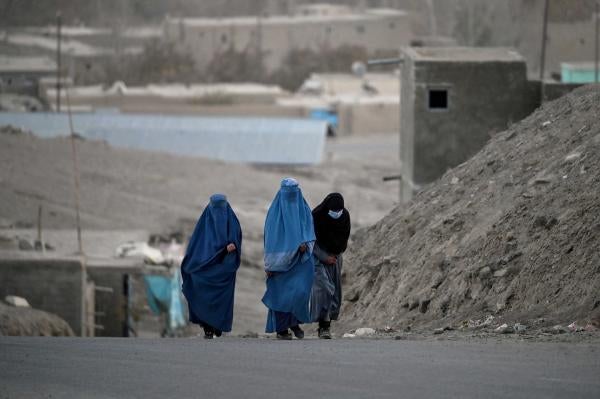What would you do if, after you’d worked for months on end, your employer refused to pay you?
You might think of making a legal complaint – you have a contract, after all – but what if the legal system refuses to address the problem?
Would you stop working for that employer? Would you join in protests with others in the same situation to demand the pay that’s rightfully yours?
And what if then, for daring to ask to be paid for your work, the authorities threatened to deport you from the country?
This is precisely the situation many migrant workers face in Qatar today.
These are the same workers who have made possible the Qatar Men’s World Cup 2022, one of the biggest global sports events, with an expected audience of 3.5 billion and overall revenues in the squijillions.
Between April and September, our researchers interviewed migrant workers from India, Kenya, and Nepal who recently participated in or planned strikes to protest wage theft. Their employers had failed to pay them on time, sometimes for months, so a strike hardly seems unreasonable.
But strikes are prohibited in Qatar, and some were arrested and deported.
It’s clear these strikes and protests are, “an act of desperation for workers demanding action on wage theft,” says my colleague Michael Page, deputy Middle East director.
If the powers behind the World Cup would just uphold basic rights, such actions would not be necessary.
Football’s international governing body FIFA and Qatari authorities should ensure workers receive their full wages and benefits and are neither arrested nor deported for participating in protests. They should also support a remedy fund to address wage abuse grievances.
With just weeks to go before the World Cup begins, it’s only fair the people who made it all possible get paid properly.



